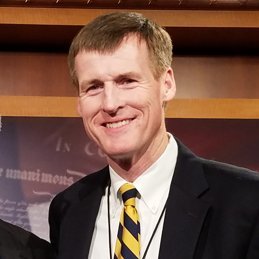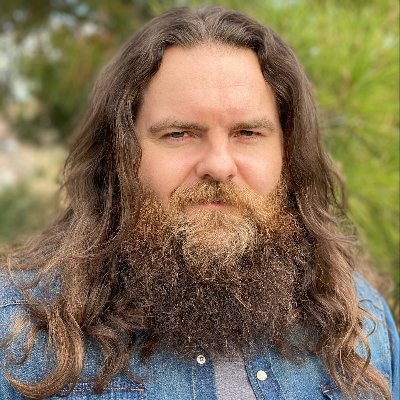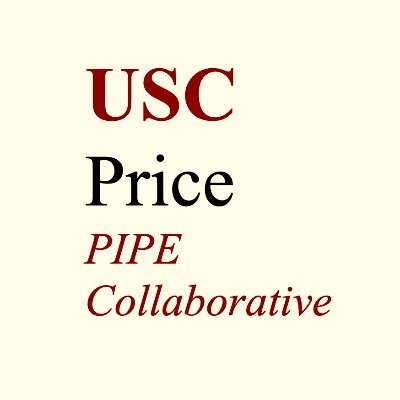
Benjamin Noble
@benjaminsnoble
Followers
835
Following
891
Media
39
Statuses
368
Asst. Prof. of Political Science @UCSanDiego | @WUSTLPoliSci PhD. I study the politics of presidential and congressional rhetoric. Powered by LaTeX and coffee.
Joined July 2019
RT @WUSTLPoliSci: Professor Taylor Carlson and PhD alum @benjaminsnoble were awarded the Best Paper Award from the journal, @PolBehavior. T….
0
1
0
RT @ianRturner: New article with @carloprato_ now online at @AJPS_Editor: Come for a nuanced argument about instit….
0
21
0
Thanks to UCLA for hosting our quarterly SoCal political institutions conference (and to @payson_julia for organizing and @algaraca for discussant comments). So fun to present my work on presidential negative partisanship and get such great feedback!.
#UCSD’s own Dr. #BenjaminNoble giving an animated #politicaleconomy-esque presentation on “Presidential Negative Partisanship: Going Public for Partisan Gain, Not Policy Success” at #UCLA-hosted #SoCalPIPE. @benjaminsnoble .@UCSDnews #politicalscience
0
2
19
RT @JPR_journal: Why do contemporary states fortify their borders? Afiq bin Oslan unpacks this question by focusing on economic motivations….
0
6
0
RT @CUP_PoliSci: "Easily the most important study to date about how Congress does (and doesn’t) inform itself when setting national policy.….
0
6
0
Thanks for sharing our project (with @Gechun_Lin), @MattGrossmann!.
Non-presidential congressional minorities exercise stronger message discipline than presidential majorities in their floor speeches. But on-message lawmakers are less effective legislators.
0
3
18
Thanks to @PIPECollab and @jaj7d for inviting me to share my paper with @Gechun_Lin on party control and messaging in Congress. And thanks to Pam McCann and everyone who attended for the great feedback!.
Great @PIPECollab talk yesterday by @benjaminsnoble on policy, messaging, and party control in Congress using AI and floor speeches. And great comments - as always - by Pam McCann.
0
2
17
If you're hiring in methods or AP, my friend and coauthor Gechun Lin is on the market! You can check out our work on text similarity and congressional message discipline here:
We have another incredible candidate to feature today - Gechun Lin, Ph.D. Candidate. Check our her work below! @Gechun_Lin
0
0
11
RT @JawsPoliSci: Professional development panel that might be of interest to early career scholars in our community 👀.
0
3
0
Wow, what an amazing resource! A great, thorough next read for those who want to make an academic website. Thanks for sharing Mimansa! I'll add a link to this on my post.
@benjaminsnoble Agreed, some other options (especially those that are more visual) for building an academic website here:
0
0
2
RT @DCInbox: My book is out! . How to Raise a Citizen (And Why It's Up to You to Do It) Thank you so much poli sci….
0
33
0
RT @WUSTLPoliSci: Benjamin Noble (@UCSanDiego, WashU PoliSci PhD '23) and Taylor Carlson have published "CueAnon: What QAnon Signals About….
0
2
0
RT @DrDRMiller: Scholar who has worked extensively with the White House visitor logs here 🙋♂️. In light of "the discourse" in which these….
0
14
0


















